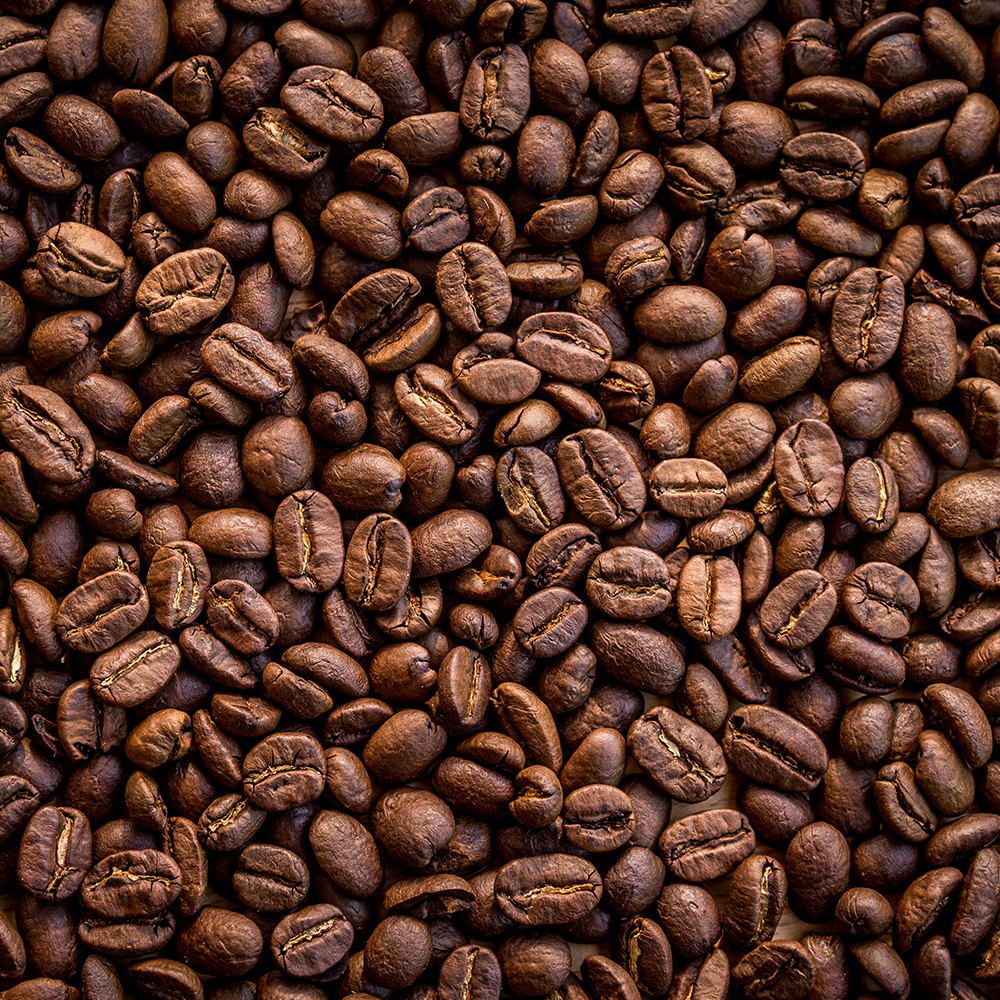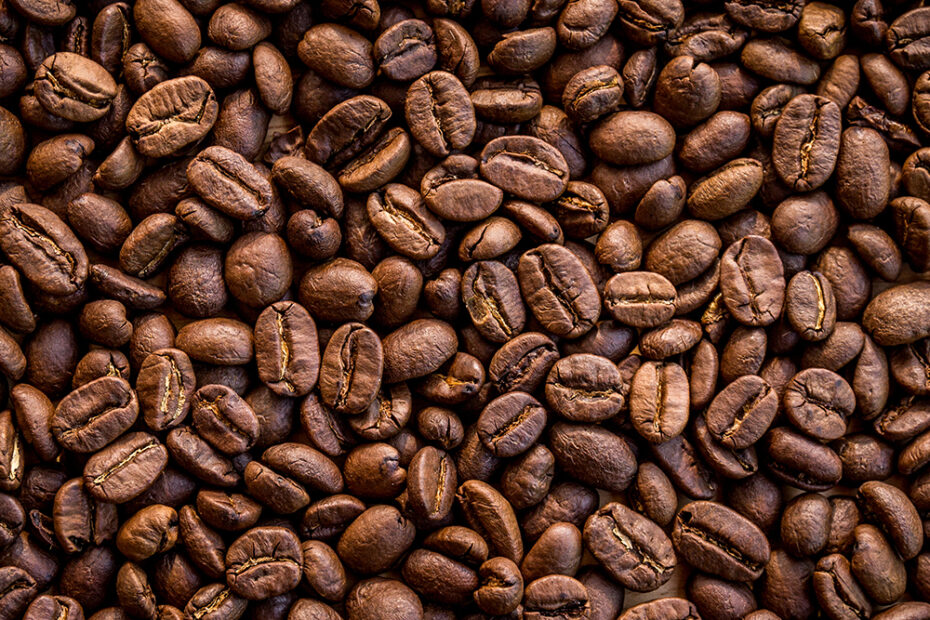Coffee soap
Every year, about 45,000 tons of coffee grounds end up in the rubbish bin in Flanders (Belgium). How could we process these grounds so that they are not simply lost? We were contacted to contribute to this circular economy story. The coffee grounds do, in fact, contain oil that may be processed into soap. In cooperation with Kaffee Circulair, a project of GLIMPS.bio, we took the challenge.
How does it work in practice? The company Suez will collect coffee grounds from the City of Ghent (Belgium), Ghent University and a number of smaller organisations in and around Ghent. The grounds can be dried and then pressed to extract the oil. The oil you obtain is similar in composition to vegetable oil. You can get about 40 grams of oil from 1 kg of coffee grounds. Govi uses this oil to make a semi-finished product, which Christeyns will then add to a formula to produce hand and floor soap. The soap will probably have a dark colour and may smell like coffee.
Even after the oil has been pressed from the grounds, the remaining coffee grounds can be further processed into, for example, a fertiliser for plants, a filler or pressed into bowls. This will be explored further with other companies. If it succeeds, we can speak of a complete circular economy story.


